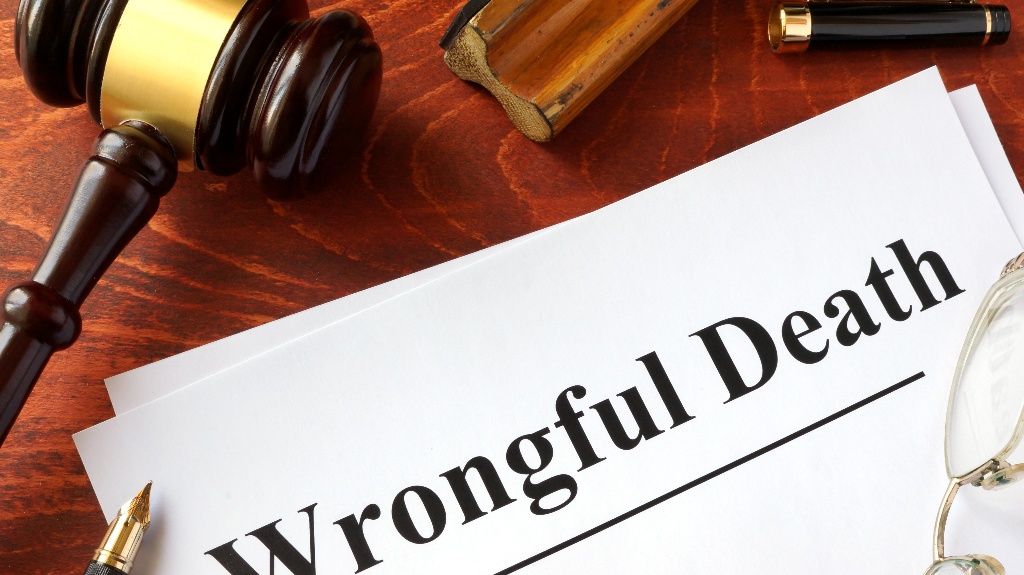Understanding Wrongful Death Claims After a Fatal Car Accident in Ohio
Victims of car accidents can pursue financial recovery from those responsible for causing the crash. However, when a car accident causes a fatality, the deceased victim’s family may have a wrongful death claim against the driver or party at fault for the crash. Knowing your family’s right to pursue wrongful death claims after a loved one’s fatal car accident can help you seek compensation and justice from those at fault for their passing.
What Constitutes a Wrongful Death Claim in Ohio?
Under Ohio law, a wrongful death claim can arise when a person’s death occurs due to the wrongful act, neglect, or defect of another party, which would have entitled the deceased person to pursue a personal injury claim had they not died. As a result, a wrongful death claim can arise from a car accident caused by intoxicated driving, distracted driving, reckless driving, speeding, or design or manufacturing defects in a vehicle involved in the accident.
A wrongful death claim does not require a liable party to have committed a crime. Instead, wrongful death claims can arise from ordinary negligence. However, when an at-fault party faces criminal prosecution for the car accident, they may also face civil liability for the deceased victim’s passing in a wrongful death claim.
Who Can File a Wrongful Death Claim?
In Ohio, only the administrator or executor of a decedent’s estate may file a wrongful death claim after a fatal car accident. However, the administrator or executor will pursue the claim to recover losses incurred by the decedent’s estate and by the decedent’s surviving family members, including the decedent’s spouse, children, parents, and other relatives financially dependent on the decedent.
Types of Compensation Available
A wrongful death claim can recover compensation for various losses or expenses sustained by the decedent before their death or by the decedent’s surviving family, including:
- Loss of the decedent’s income, including missed income between the accident and the decedent’s death, and the decedent’s future earnings
- Medical expenses incurred to treat the decedent’s fatal injuries
- Reasonable funeral and burial expenses
- The value of the decedent’s lost services or support to the family
- Loss of the decedent’s companionship, care, and guidance
- Loss of consortium
- Mental anguish
- Loss of prospective inheritances
In certain circumstances, families may also recover punitive damages in a wrongful death lawsuit. Juries may award punitive damages when the car accident occurred due to the at-fault party’s egregious recklessness, such as consciously choosing to drive while significantly intoxicated.
Time Limits and Legal Processes
In most cases, administrators or executors have two years after a decedent’s death (not two years after the car accident) to file a wrongful death lawsuit for a fatal car accident. However, special timing rules may apply to fatal car accidents caused by design or manufacturing defects.

To file a wrongful death claim for a fatal car accident, a person must seek appointment as the administrator or executor of the deceased victim’s estate. After the appointment, the administrator or executor may file a lawsuit against the at-fault party or parties for the car accident. The administrator or executor can also negotiate a settlement of a wrongful death claim, subject to the court’s consent.
Contact a Car Accident Attorney
When a loved one passes away due to a car crash, your family needs experienced legal counsel to help you pursue accountability through a wrongful death action. Contact Kitrick, Lewis & Staley-Sladek Co., L.P.A. today for a free, no-obligation consultation with a car accident attorney to learn more about your family’s rights and options for pursuing a wrongful death claim after a loved one had a fatal car accident in Ohio.


